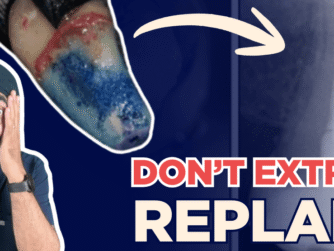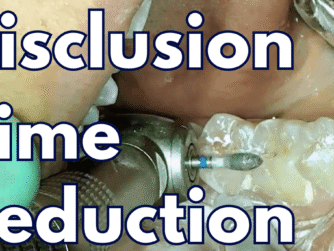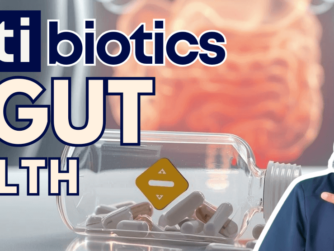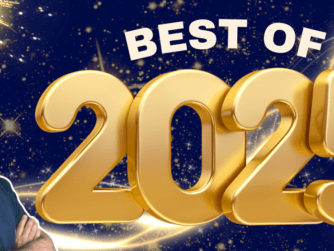Podcast: Play in new window | Download (Duration: 37:50 — 54.4MB)
Subscribe: RSS
This episode is for all dental students, but particularly those in 4th and 5th year. I was joined by my friend Prateek Biyani who runs an awesome resource for students at Dental Notebook (check it out!)
Protrusive Dental Pearl: If you’re a Dental student, I recommend attending the Dentinal Tubules Student Congress. It is jam packed with great speakers and really fits well with students. GREAT value and I wish we had something like this when I was a student!
Our aim was to give away all our tips and advice that helped us during finals. We cover:
- MCQs App 9:06
- Key books that helped us 8:30
- Importance of study clubs 6:21
- Great resources 7:46
- SoundNote app 10:33
- Integrating evidence base in to your answers 15:50
- Top tips for OSCEs 17:14
- How to do well in a Seen patient or Finals patient exam 24:01
If you found this useful, be sure to share it with your dental student colleagues.
Good luck everyone!







